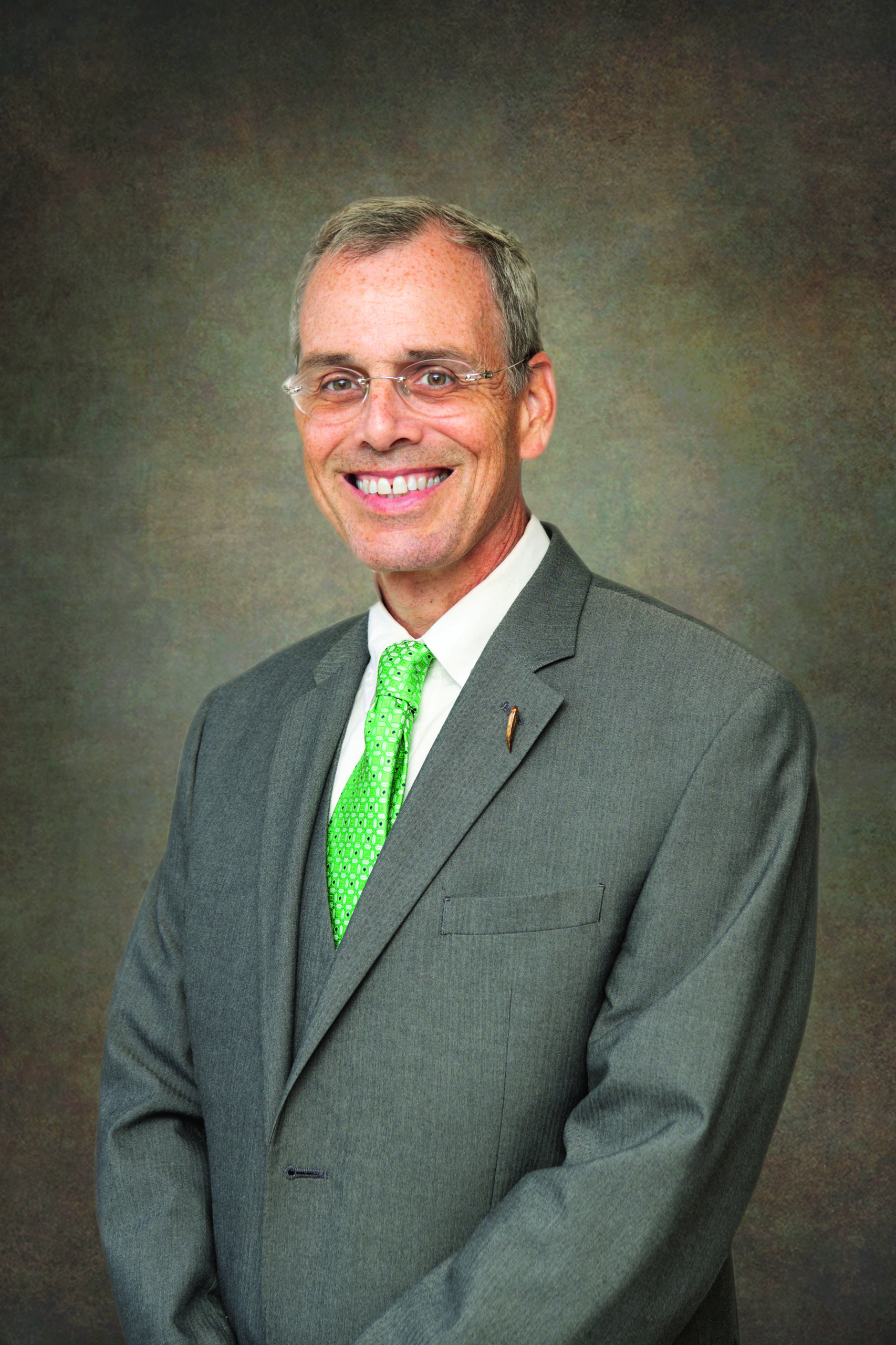Ennis Oversaw Many Changes at the University
To say 2024 has been a challenging year for Dr. Daniel J. Ennis would be a major understatement.
In his first full year as president of Delta State University, Ennis has overseen and initiated many changes at the Cleveland institution. Some of these have been hailed—and others have not. However, Ennis believes all of them will, ultimately, benefit the school and the community he has come to love.
“When I took this job, my eyes were wide open and I knew there were indeed challenges here at Delta State,” says Ennis. “I also knew that most of those challenges were financial and that I would have to primarily focus on addressing those. I had researched the situation even before I came here but had to learn a great deal more as my work began. Once we knew where we stood, we took the steps to take us, Delta State, to a better place.”
Ennis says, while looking at enrollment numbers and revenue, there were too many programs with not enough students. “Because of that, I think, all programs were under-resourced in order that other programs might exist on a sort of maintenance level. I think it made sense to have fewer programs that were fully resourced than many that were under-resourced,” he says.
Because of this, the programs that still exist at DSU have a better chance at thriving, says Ennis. “We can redirect money, people, resources and equipment now to those programs that remain, so I believe it balances out,” he said.
Ennis says he realized that tough decisions had to be made but said all were made for the betterment of Delta State.
“When you lead in any capacity, whether a business or a university, you often have to make difficult changes for the good of the whole,” he says. “You have to try and keep emotion out of it; mine are deeply complicated, for instance. I had to make cuts in liberal arts programs, my own scholastic background. It wasn’t easy. But when I stepped in this office, I had to prioritize the institution, not my personal preferences or inclinations.”
Ennis gives credit to many good advisors around him who kept his own doubts in check during the decision-making process. “These people constantly reminded me of the metrics and methodologies we had established and that we needed to stick to them,” he says. “And while all of this was ongoing we received our re-accreditation for the next ten years, by the way.”
Through it all, Ennis says that now Delta State has a sustainable budget in place. “I repeated this over and over: the measures of a financially healthy institution are cash on hand, appropriate debt service, and having a contingency surplus. We’re meeting those metrics now,” he says.
Ennis believes such financial sustainability allows DSU the flexibility needed to look into new things and/or reinvigorate existing programs.
“A call went out to the faculty to create new degree programs that were more responsive to the market, which is good news,” he says. “I asked for four such degrees and they have been approved by the Institute of Higher Learning. We’re re-oriented the curriculum here around degrees that will be much more competitive.”
Programs used to be planned by academics on what they thought students should know, says Ennis. “Today, it’s more about what students need to be able to do. It’s a mind change that has taken place over the last ten years or so that all higher learning institutions have to face and realize,” he says.
Increased student enrollment and retention is the main goal for the next year, says Ennis. “And those are jobs for everyone here on campus, especially mine,” he says.
“It’s a whole new world in education today for a variety of reasons,” he says. “The choices that students have before them are immense and they’re being inundated by offers on a regular basis. We here will focus on the kinds of students that we can attract to Delta State and an increased number of them. That will include adult students, as well, a segment where I see enormous growth potential.”
What DSU faced is affecting similar-sized institutions all across the country, says Ennis. “And we got ahead of a really dire situation before a lot of other universities did,” he noted. “We had to adapt, or die. And Delta State University was not going to die.”

